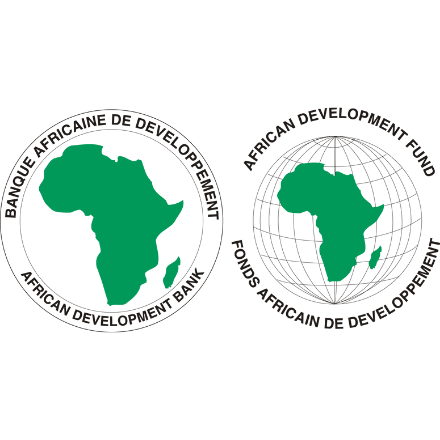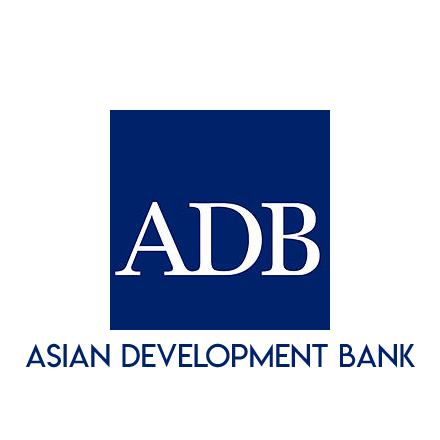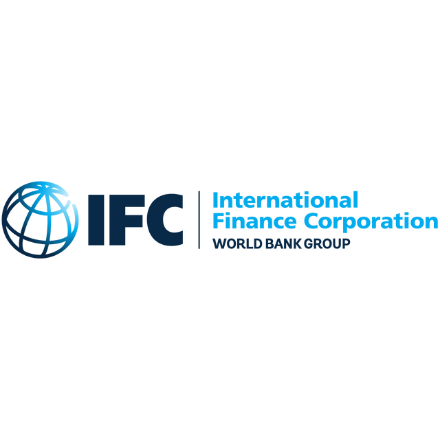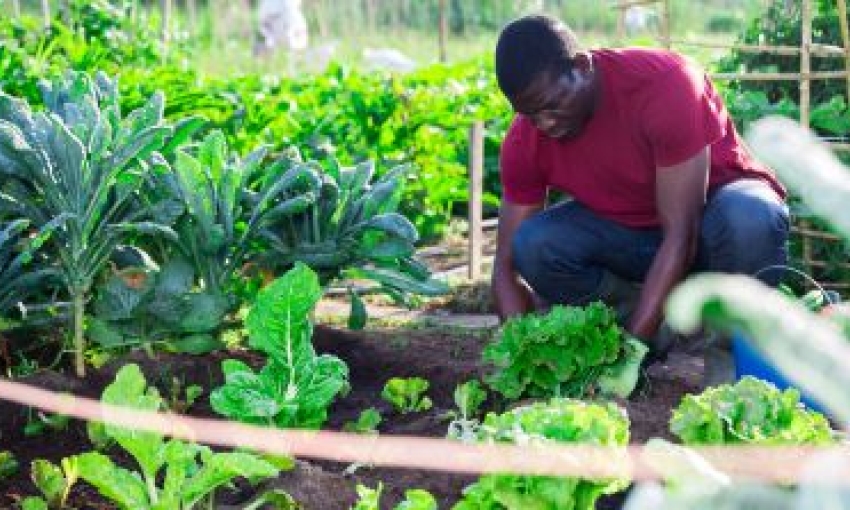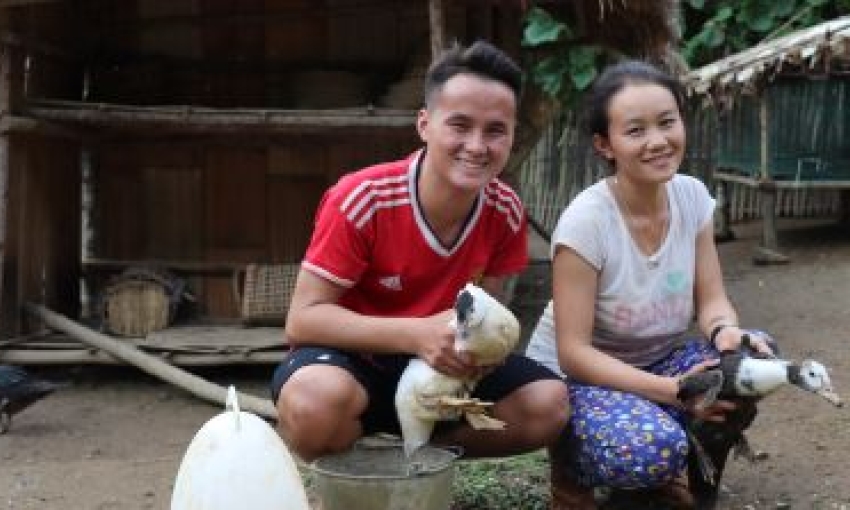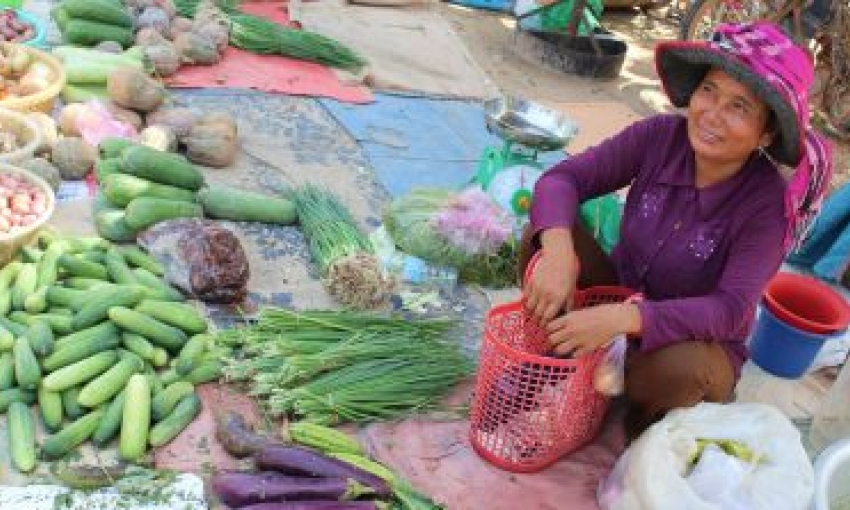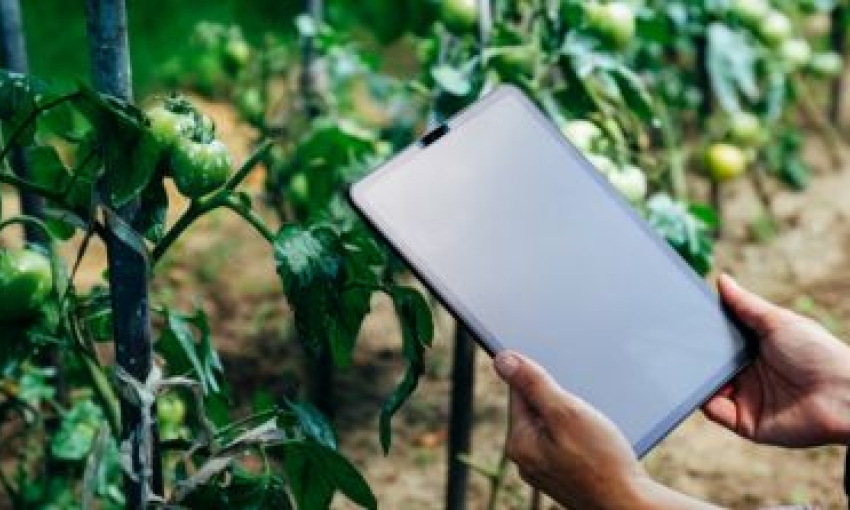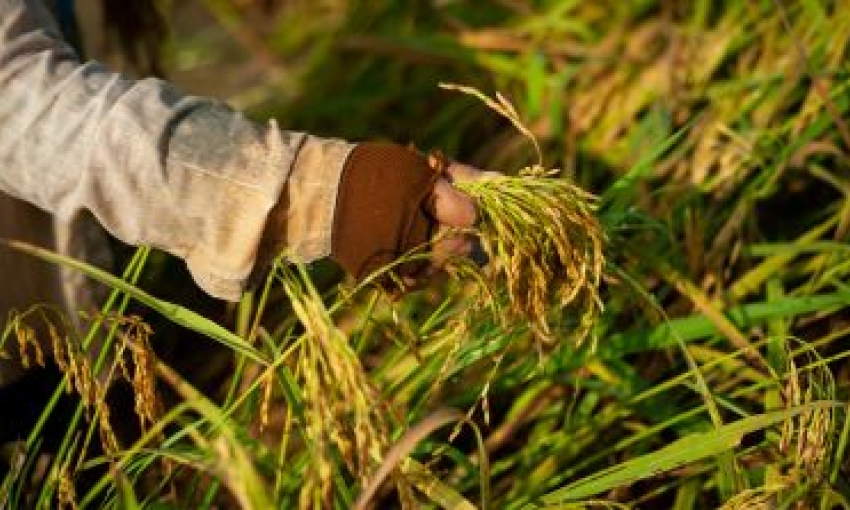Business Investment Financing Track Pilot
What is BIFT
GAFSP launched the Business Investment Financing Track (BIFT) pilot on October 1, 2024, to take financing for food security in low-income countries to the next level. BIFT is designed to catalyze access to affordable private and climate finance for smallholder farmers, producer organizations, innovative startups, and micro-, small-, and medium-enterprises (MSMEs) in the agrifood sector.
Why It Matters
Smallholder farmers and early-stage agrifood businesses often lack access to financial services, limiting their ability to respond to growing local and regional food demands. Accelerating financial innovations that unlock private and climate financing can empower rural communities while building more resilient agriculture and food systems in the world’s poorest and most vulnerable nations.
Impact & Features
BIFT represents a second-generation funding window designed to leverage existing and new GAFSP-funded projects, promote civil society engagement, and incentivize public and private partnerships. It builds momentum toward adopting sustainable and climate-resilient agricultural practices, infrastructure, and technologies that increase productivity, climate resilience, and economic opportunities across local and regional value chains, especially for nutritious foods.
How BIFT Supports Investment
BIFT funding will be managed by GAFSP’s partner multilateral Development Finance Institutions (DFIs) including: African Development Bank (AfDB), Asian Development Bank (ADB), IDB Invest, International Fund for Agricultural Development (IFAD), and International Finance Corporation (IFC). These partners will act as project sponsors and co-investors. They will be responsible for proposing projects centered on strategic partnerships with private sector actors (impact investors, financial institutions, fund managers, agribusiness companies, as well as producer organizations), governments, civil society organizations, and other development partners.
BIFT funding will crowd in other sources of financing. The first source will be from the DFIs’ own contribution, which will match the GAFSP funding. The second source will be from private investors, which will be at least two times that total amount. This leverage will be achieved on the concessional investment financing made available under BIFT. Concessional investment financing, unlike grant funding, has the potential to earn income and return principal, which can form the basis of renewable funding for future investments supported under the BIFT.
Why is GAFSP prioritizing the Business Investment Finance Track?
The BIFT model addresses entrenched challenges and constraints by creating and developing capital markets for smallholder farmers and early-stage agribusinesses in low-income countries that show high potential and are ready to transition into their next phase of growth. BIFT will not only empower traditionally underserved groups; it will also reward farmers for contributing to more sustainable and resilient food systems. For example, performance-based incentives could be built into innovative financing solutions for farmers to invest in diverse food crops, healthy soils, biodiversity conservation, and ecosystem services – so that the financing will directly contribute to sustainable productivity improvements and a better environment, pushing closer to the goal of a net zero world, free of poverty and hunger.
GAFSP envisions a world where small-scale producers and rural communities in low-income countries are flourishing, and producing more nutritious foods for local, regional, and global markets. Farmers and food producers can lead the change needed in food systems by investing in the production of nutritious foods and the adoption of more sustainable and climate-resilient solutions. Developing more inclusive capital markets can help the most vulnerable working in the sector, including smallholder farmers, women, and youth, implement transformative investments and strengthen the resilience of agrifood value chains in the future.
Frequently Asked Questions
Who can apply for BIFT funding?
The Business Investment Financing Track is GAFSP’s latest funding window to unlock investments in agriculture and food systems. Like other funding windows under GAFSP, BIFT funding can only be accessed through GAFSP’s eligible Supervising Entities (SEs). In the case of BIFT, eligible SEs include: African Development Bank (AfDB), Asian Development Bank (ADB), IDB Invest, International Fund for Agriculture Development (IFAD), and International Finance Corporation (IFC); provided that they are applying the Enhanced Blended Concessional Finance Principles for DFI Private Sector Operations. Interested partners must engage eligible SEs in the development of joint proposals submitted to the BIFT. They can reach out to the BIFT Focal Points designated by the eligible SEs to initiate the engagement.
The intent of BIFT funding is to mobilize other funding contributions. What leverage ratios will be required and how will they be measured?
BIFT is designed to achieve a minimum 1:1 funding leverage ratio between Supervising Entities’ (SEs) funding and the BIFT funding. SE funding includes the SE’s own concessional and/or commercial finance (excluding grant funding for Technical Assistance or Technical Services), whereas BIFT funding includes concessional finance and/or grant finance requested under the SE’s Proposal.
BIFT funding is intended to support long-term solutions. Until what date is BIFT funding available to support the proposals?
The BIFT Pilot period starts on October 1st, 2024 and ends on June 30, 2026, which represents the last date of SE internal Board approval of the BIFT project. The maturity period for underlying investments/transactions financed by the project can amount to a maximum of 15 years. This maturity period includes any grace periods provided to the underlying investments/transactions. The implementation period of proposals submitted under the BIFT pilot can amount to a maximum of 5 years. SEs must disburse all allocated resources by the end of the implementation period. Any undisbursed resources will be returned to GAFSP.
Is there a level of concessionality that is required when using BIFT funding in concessional finance solution?
There is no prescribed level of concessionality when using BIFT funding in blended finance solutions. However, the SE will be obliged to confirm commitment to the DFI Enhanced Blended Concessional Finance Principles by: (i) Confirming in writing that the SE is a member of the DFI Working Group on Blended Concessional Finance for Private Sector Projects; (ii) Confirming in writing that the SE applies the DFI Enhanced Blended Concessional Finance Principles; and (iii) Summarizing the SE’s blended finance policies and procedures implemented in line with the DFI Enhanced Blended Concessional Finance Principles.
Civil Society Organizations (CSOs) are part of the GAFSP Steering Committee. What role will CSOs play in BIFT funded proposals?
Eligible SEs are obliged to demonstrate engagement of CSOs as well as governments, development partners, and the private sector in BIFT proposal design and/or implementation. Furthermore, approval of funding for BIFT projects will be given by the GAFSP Steering Committee. As members of the GAFSP Steering Committee, representatives of CSOs from the Global North and South will review BIFT proposal requests and can bring to the Committee’s attention questions or concerns to be discussed prior to approval decisions taken by the voting members on the GAFSP Steering Committee.
Please clarify the fee structure and how it works with respect to BIFT funding. Are the fee amounts included in the awarded amount of up to US$15 million of BIFT funding?
An indicative fee of 5% of the BIFT project amount (i.e. the amount of funding provided from the BIFT) will support the costs incurred by SEs for preparing project proposals and supervising projects. Supervising Entities shall calculate SE Fees in accordance with their policies and procedures. Fee requests higher than 5% must be approved by the GAFSP Steering Committee on a case-by-case basis.
How long does the approval process take for BIFT funding on a proposed project?
Here is an outline of the BIFT funding approval process and its timing once submission of a BIFT proposal by an eligible SE is made: (a) Screening by the GAFSP Secretariat of the Initial BIFT Proposal for completeness (up to 5 business days); (b) Notification by the GAFSP Secretariat of the Initial BIFT Proposal to the GAFSP Steering Committee (up to 10 business days); (c) Initial BIFT Proposal review and recommendation made by the independent Technical Advisory Committee for the BIFT (TAC-BIFT) to the GAFSP Steering Committee (up to 15 business days); (d) Initial BIFT Proposal approval by the GAFSP Steering Committee with or without recommendations or conditions attached (up to 10 business days); (e) Final BIFT Proposal approval by the GAFSP Steering Committee when the SE submits the Final BIFT Proposal, incorporating any recommendations or conditions issued by the GAFSP SC, for approval by the GAFSP Steering Committee repeating steps (a) and (d) above.
How will geographical diversity be ensured across BIFT funded projects?
In order to encourage geographical diversity in BIFT funded projects the BIFT portfolio of projects will have a single country allocation limit of a maximum of 20% of the total available BIFT funding envelope as a target. During the pilot phase, the CU will monitor this single country allocation limit across the BIFT portfolio of projects, report findings to the SC, and with the SC’s approval either adopt or revise a single country allocation limit across or among each SEs’ BIFT funded projects.
BIFT is designed to encourage public sector and private sector collaboration. How will this be achieved?
This will be included among the selection criteria for BIFT funding approval. One key criterion includes demonstrating how the proposal strengthens existing co-financing platforms as well as linkages with public sector investments or reforms supported by eligible SEs. Another criterion requires the proposal to demonstrate strategic partnerships building with public, private and civil society organizations.
Can an SE report results using its own results framework document or does it need to use the GAFSP BIFT results framework document?
Eligible SEs will monitor project activities, risks, outcomes and impacts in line with the GAFSP 2022 M&E Plan. SEs will be expected to report progress on project activities and results twice a year.
Resources
Get In Touch
Have questions about the Business Investment Financing Track (BIFT) or need information for media and communications? Our team is here to help and will direct your inquiry to the appropriate focal point.
Contact Us